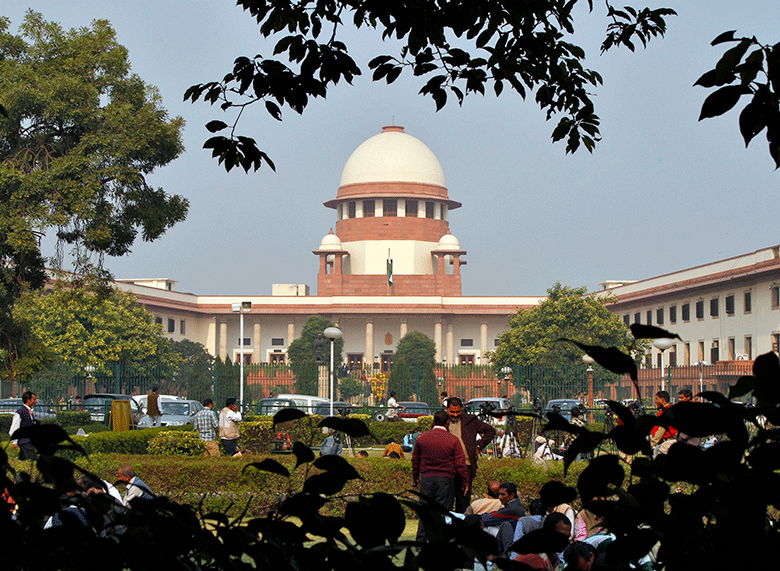The Supreme Court in New Delhi
India’s Supreme Court has set aside a controversial judgement that had threatened to kill India’s distressed debt market before it started.
As Euromoney reported in July, the National Company Law Appellate Tribunal had thrown the restructuring of Essar Steel into chaos by going against established practice and determining that secured and unsecured creditors should be treated equally.
That meant it would make no difference whether creditors held collateral or not.
The Essar Steel restructuring is seen as a litmus test for India’s attempts to speed up the resolution of failed businesses that are weighing down on India’s public-sector lenders, and therefore stopping them from lending and impeding growth in the economy.
Some professionals felt that the July ruling would undermine the whole restructuring process, not just for Essar Steel but for any later deals.
‘Catastrophic’
In early November, Michel Lowy, founder of SC Lowy, told Euromoney that if the original ruling was not overturned it “would have catastrophic repercussions for the Indian banking system.
“It means, whether you are on a secured or an unsecured basis, you have to ask the same returns, because you don’t know if you are secured or unsecured.”
He added: “You can only lend on an unsecured basis, that’s what it really means. And when you look at interest rates in India, which are already very high, it would be a financing catastrophe for India Inc.”
The ruling means that creditor claim distributions will follow a resolution plan developed by ArcelorMittal in 2018. That means secured financial creditors, including State Bank of India and SC Lowy, will get an 89.8% return on their claims.
It is less good news for lenders such as Standard Chartered, which had unsecured exposure through a loan to a subsidiary of Essar Steel, and is now expected to see about 2% of its claim back.
With the ruling set aside, there will be renewed interest in India’s distressed debt market. Other than SC Lowy, groups that are thought to be interested in participating include Deutsche Bank and Kotak Mahindra.


 Signal2forex.com - Best Forex robots and signals
Signal2forex.com - Best Forex robots and signals




